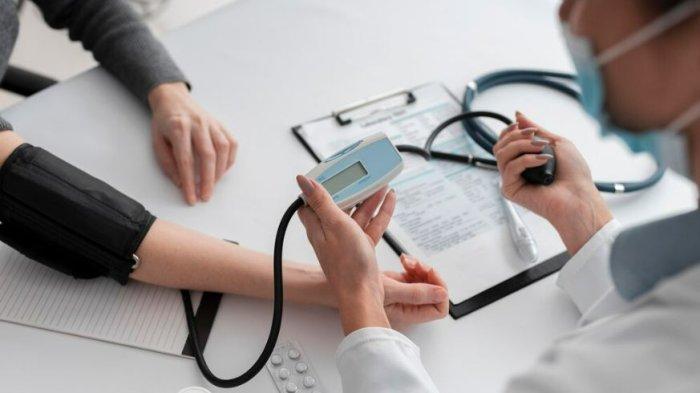The Indonesian government, under President Prabowo Subianto’s administration, is set to roll out a nationwide free health screening program starting in February 2025. This initiative aims to detect various diseases early and reduce preventable deaths, contributing significantly to the nation’s overall health strategy.
Free Health Checkups to Detect Noncommunicable Diseases
The focus of this initiative will be on noncommunicable diseases (NCDs) such as heart disease, stroke, cancer, and diabetes. According to recent data, NCDs are the leading cause of death in Indonesia, with cardiovascular diseases alone contributing to around 600,000 deaths annually. This program intends to address this growing health challenge by offering free screenings that detect these diseases early, enabling timely medical interventions.
Eligibility and Accessibility
From February 2025, Indonesian citizens can access these free health screenings at their local Community Health Centers (Puskesmas). To participate, individuals simply need to show their ID card at the nearest health center on their birthday. The program is designed to be simple, making it easy for people to access without financial burdens that often come with private health checkups.
Government Investment and Future Goals
The government has allocated Rp 4.7 trillion (around US$290 million) for the program in 2025, aiming to serve 60 million people. Over the next five years, the government plans to extend this coverage to 200 million citizens. The program’s long-term goal is not just to provide free health services but to build a healthier population by focusing on prevention rather than just treatment.
Targeted Screenings by Age Group
- Children under 5 years will be screened for conditions like congenital hypothyroidism, which can impact growth and brain development.
- Children aged 5 to 18 years will be tested for obesity, diabetes, and oral health issues.
- Adults will be checked for gender-specific cancers and other common illnesses.
- Elderly individuals will undergo screenings for geriatric conditions and cardiovascular diseases.
Challenges and Recommendations
While the initiative is a significant step towards improving public health, experts like Diah Saminarsih, founder of the Center for Indonesia’s Strategic Development Initiatives (CISDI), have pointed out that follow-up care will be crucial. She stressed that the government must ensure that patients diagnosed with serious conditions, such as cancer, can access long-term treatment options, which could be supported by the National Health Insurance (JKN) program. Additionally, raising awareness about the importance of health screenings is essential to ensure that more people take advantage of this program.
Conclusion
This free health screening initiative marks a bold step in Indonesia's fight against preventable diseases. By focusing on early detection and prevention, the government hopes to improve health outcomes and reduce the impact of NCDs across the country. As the program expands in the coming years, it is expected to have a lasting positive effect on Indonesia's healthcare landscape.
Read More






 Thursday, 05-02-26
Thursday, 05-02-26







